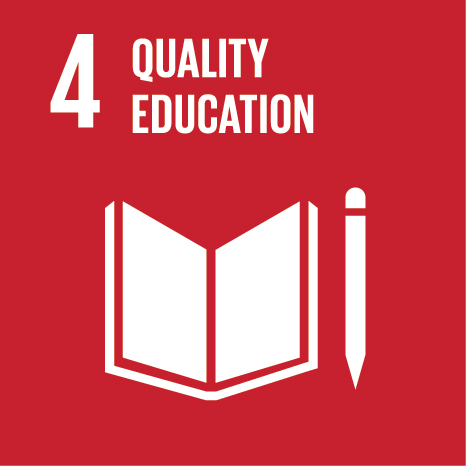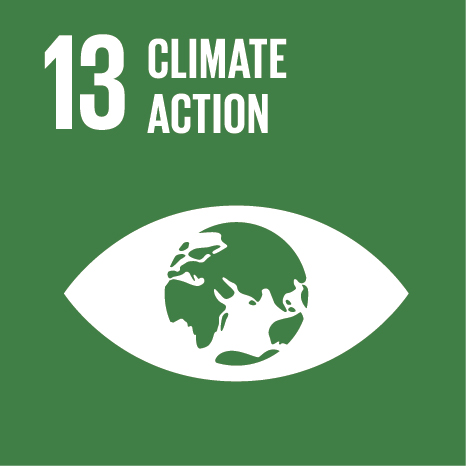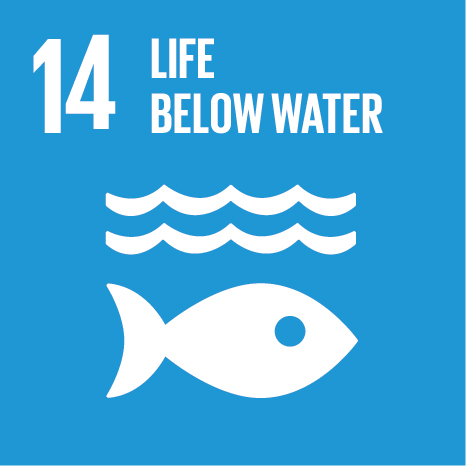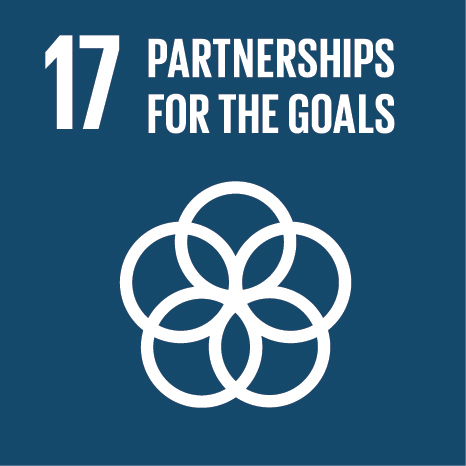ImmerSea LAB: an immersive laboratory for ocean preservation
Diving into immersive environments to advance teaching and research in marine and coastal sciences.
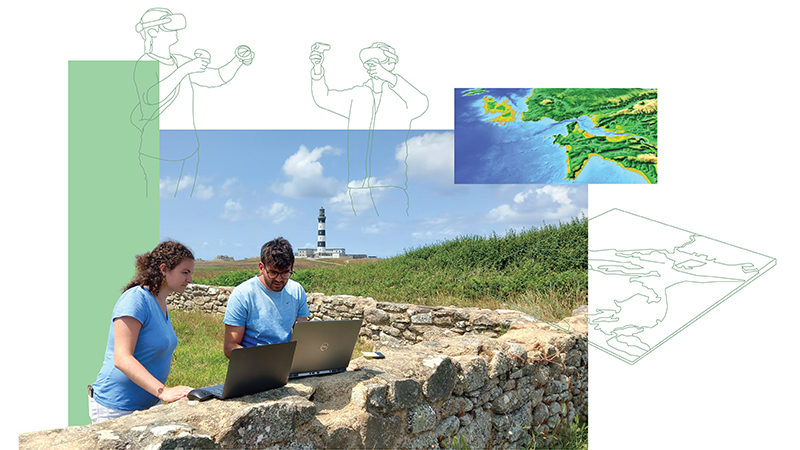
According to the latest Intergovernmental Panel on Climate Change (IPCC) report, ocean levels rose by an average of 20 cm between 1901 and 2018, and this will only keep accelerating. A better understanding of the oceans and their interactions with the coastline is essential not only to better protect them, but also to anticipate the effects of global warming on coastal regions and their inhabitants.
In the face of such challenges, stimulating the interest of younger generations in scientific and technological research in the marine realm is a vital necessity. This is why La Fondation Dassault Systèmes supports projects that transform learning practices and find new paths for education in the oceanic domain.
One of them is ImmerSea LAB, a program led by the French Université de Bretagne Occidentale (UBO) as part of ISblue, which brings together the key players in marine science and technology in western and southern Brittany - from universities (UBO, UBS) and national research institutes (CNRS, Ifremer, IRD) to prestigious engineering schools (IMT-Atlantique, ENSTA Bretagne, ENIB, l'Ecole Navale). Started in 2021, this project aims at providing a virtual collaborative platform (based on 3D, simulation and immersive technology), as well as its physical counterpart - the ImmerSea LAB - inside the facilities of the Technopole Brest-Iroise in Brittany, France.
From the transformation and analysis of scientific data on fisheries, pollution or temperature, to 3D modeling and simulation of coastal or open ocean landscapes, ImmerSea LAB enables researchers and students to collaborate, learn and experiment with ideas and forward-looking scenarios for a better understanding of the ocean and decision-making.
1 program… 4 blue horizons
Pursuing different objectives, the ImmerSea LAB program aims to bring value, now and in the future, in four different directions:
- Proposing an innovative, active teaching approach involving students, scientists and trainers
The ImmerSea LAB approach is primarily geared towards students (Master’s degree mainly), enabling them to develop technical and ocean-related competencies, but also valuable soft skills like cooperation, adaptability, creativity or scientific empathy. The originality of the program resides in the fact that it fosters multidisciplinary connections and mentoring, thanks to both online and in-person collaboration with scientists and trainers. One of the key aspects of the ImmerSea LAB is also that it involves students in the creation of educational content scenarios for their peers.
- Enhancing the educational value of scientific data
Thanks to the program, a great deal of data (bathymetry, temperature, sampling, imagery, etc.) is collected at sea and in coastal areas. This rich and diversified field information is usually used exclusively for scientific research; now it is also available to students to improve their expertise! Thanks to the possibilities offered by virtual environments, this data will become a rich pool of shared content as a source of discussion, collaboration and training.
- Making inaccessible environments accessible
Thanks to modeling and simulation technology, the program makes it possible to study environments that are usually inaccessible due to their geographical location (underwater in particular) and temporality (historical reconstruction or projection). They enable students to project themselves into the future to model the impact of climate change on an area, or to better understand the present by reconstructing and understanding past phenomena.
- Democratizing ocean sciences
Finally, the ambition of ImmerSea LAB is to raise awareness about the ocean for non-experts through the use of virtual worlds. The team is currently exploring different paths to do so, from reinforcing the high school/university continuum and training secondary school teachers through summer school sessions to providing immersive mediation services at public events or scientific workshops.
ImmerSea RADE: showcasing the evolution of the sea level from -12,000 to today
In 2023, as part of the program, the ImmerSea LAB students have been working on a project called ImmerSea RADE, which consists in the 3D modeling and simulation of a specific coastal area that goes from the Brest harbor to the island of Ouessant in Brittany, France.
Over the past 12,000 years, this area has undergone numerous changes due to natural climatic dynamics and the development of human activities. By producing a 3D interactive virtual model of the harbor and its environment, the students have been able to retrace the evolution of this landscape overtime, and show the short- and medium-term impacts of global warming in the region. This is how they highlighted that the small town of Le Conquet, for example, could be entirely covered by water within 3,000 years if nothing was done to prevent it!
Thanks to this kind of projects, students can learn by doing while unleashing their creative thinking and be prepared for tomorrow’s challenges. It is also a great way to create vocations and train future geologists, ocean scientists, chemists or engineers to use 3D as a professional tool.
The 2030 Agenda for Sustainable Development
Adopted by all United Nations member states, the 2030 Agenda for Sustainable Development provides a shared blueprint for peace and prosperity for people and the planet, now and into the future. At its heart are the 17 Sustainable Development Goals (SDGs), which are an urgent call for action by all countries - developed and developing - in a global partnership. La Fondation Dassault Systèmes supports the ImmerSea LAB project in meeting four of these goals: Quality Education, Climate Action, Life Below Water and Partnerships for the Goals.

About our partner
Université de Bretagne Occidentale (UBO)
UBO is a world-leading university for oceanography. As a public scientific, cultural and professional institution, UBO primary missions are to contribute to the development of research and to raising the scientific, cultural and professional level of individuals to participate in regional and national growth, economic development and the implementation of employment and employability strategies. Finally, it contributes to reducing social and cultural inequalities.
The Interdisciplinary graduate school for the blue planet (ISblue) was created to address the growing challenges facing ocean and coastal ecosystems. It also aims to train the next generation of ocean innovators and scientific leaders in oceanographic research to meet the growing needs of the blue economy though high quality, research-based education.
